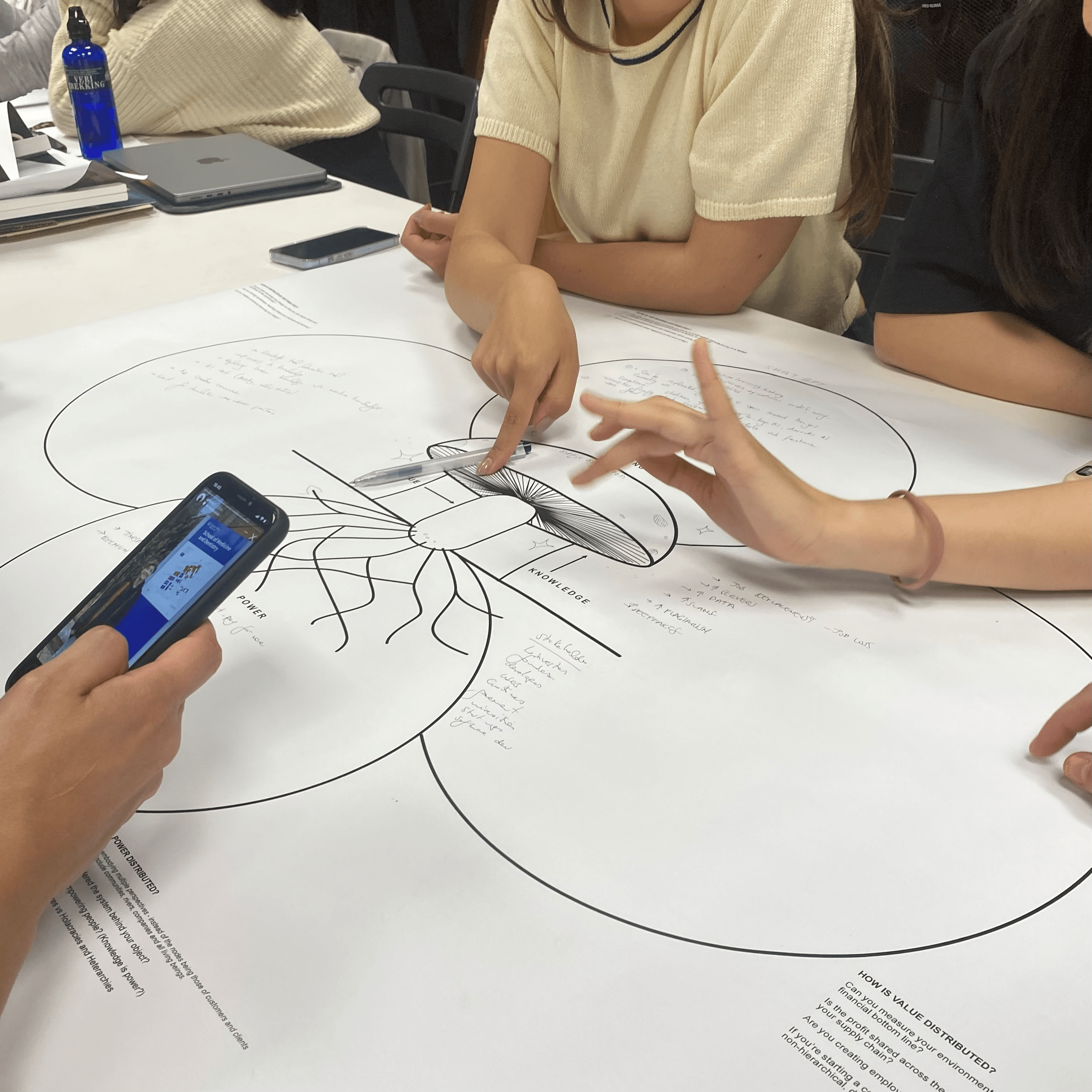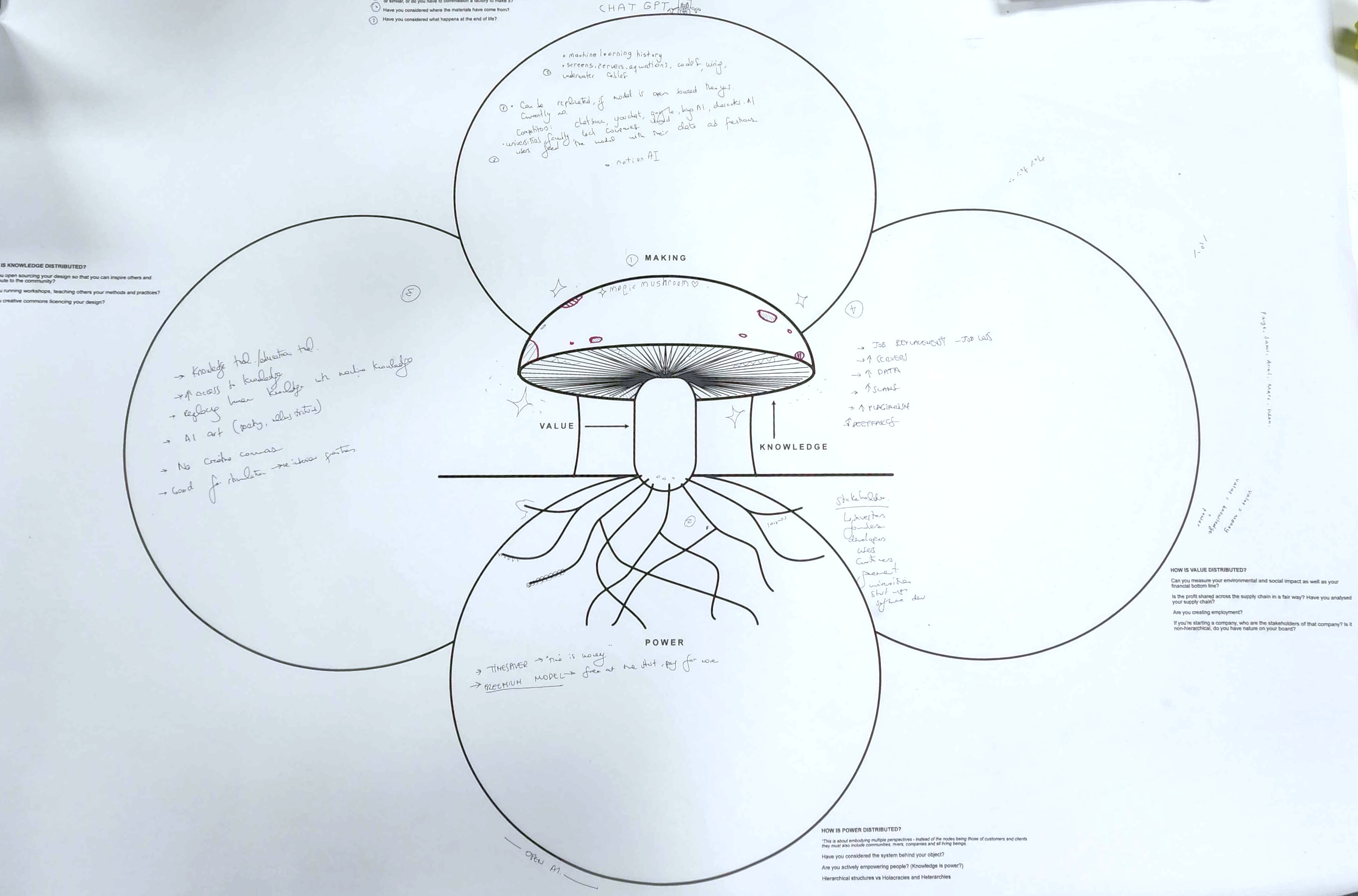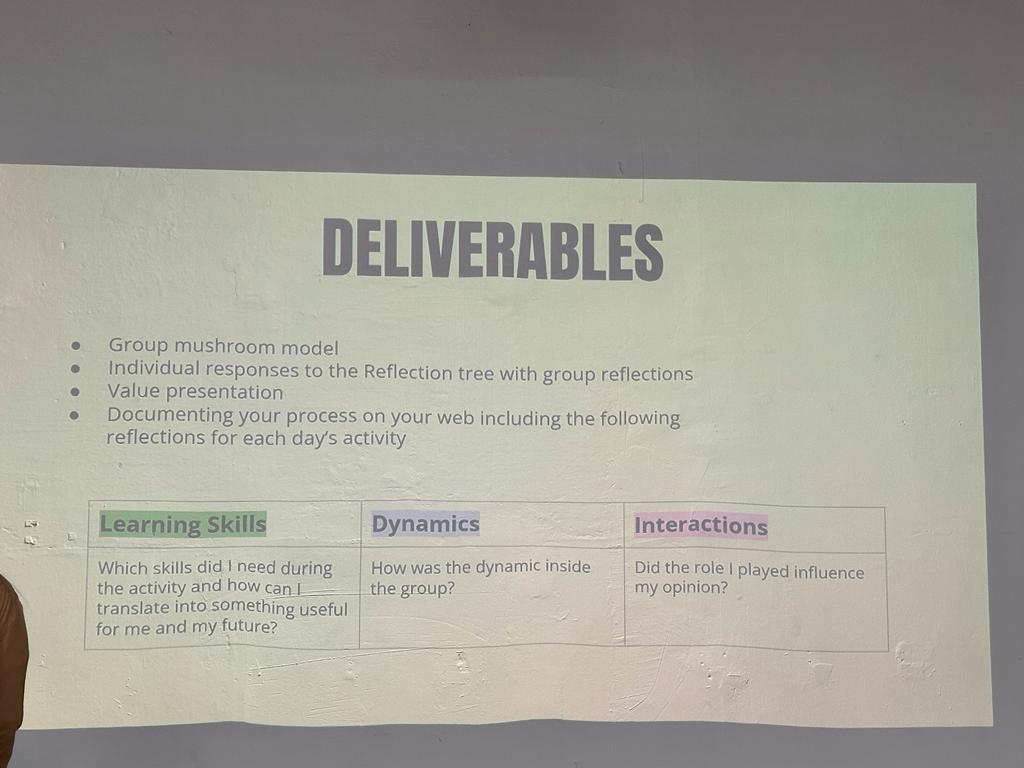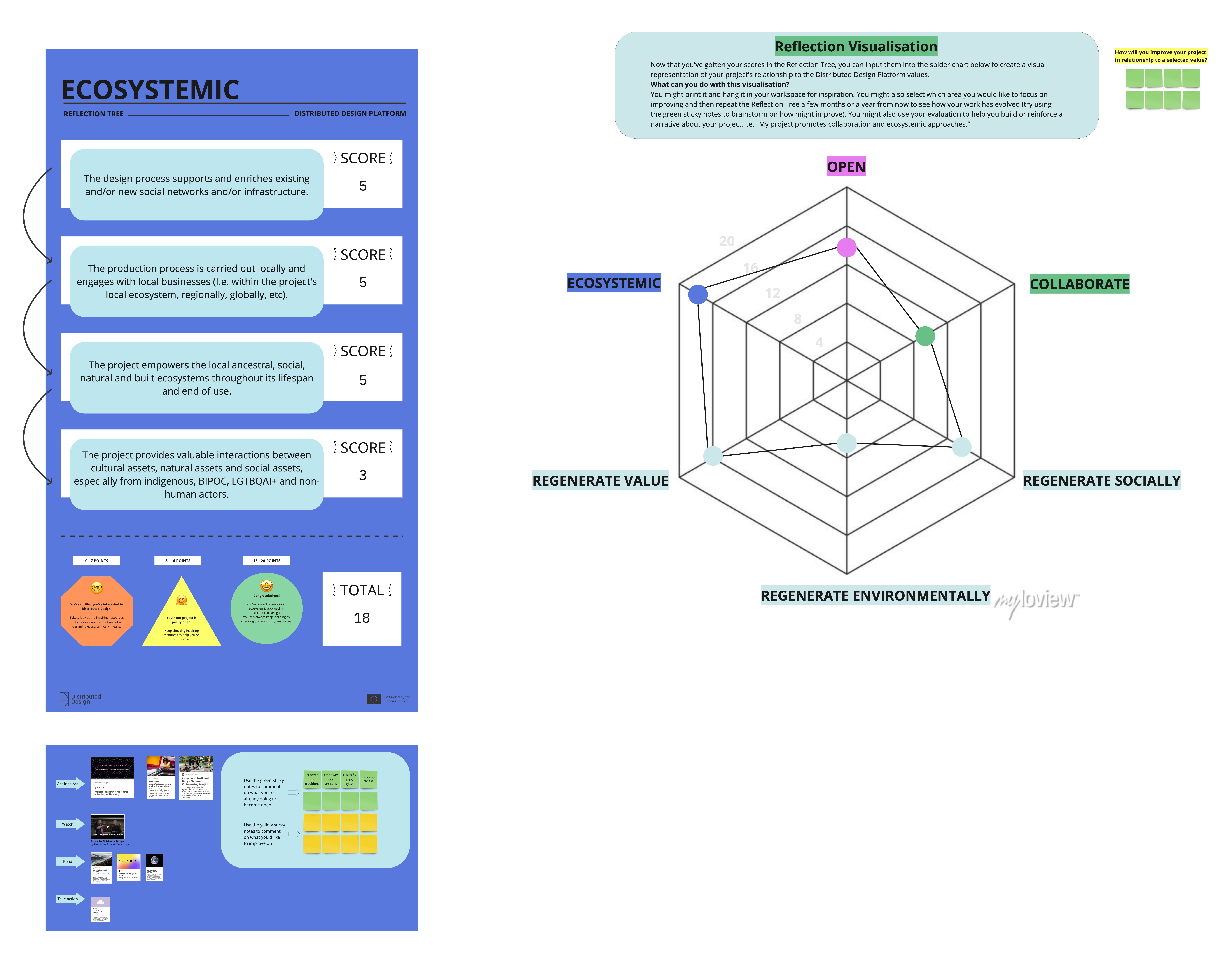Distributed Design¶
Reflection Class I¶
The seminar presented an overview of Distributed Design and the evolution of the Distributed Design Platform (DDP). The presentation began by highlighting the importance of measuring impact in the field of Distributed Design, which is crucial for evaluating the success of a project and making informed decisions for future endeavors.
The seminar also introduced the DDP values, which are the guiding principles for the platform’s operations. These values include collaboration, community, diversity, and sustainability, all of which are essential for ensuring that projects are inclusive, equitable, and environmentally responsible.

Furthermore, the seminar provided an overview of the DDP members, resources, and opportunity tracks available to students interested in pursuing Distributed Design. This information is crucial for students who wish to get involved in the field and connect with other professionals.
Overall, the seminar was informative and engaging, providing an excellent introduction to the field of Distributed Design and the DDP. The presentation successfully conveyed the importance of measuring impact, as well as the platform’s values and resources, encouraging students to pursue opportunities in Distributed Design.
Mushroom model — Chat GPT

Assignment Class I¶

Learning Skills:
During the seminar, I was able to develop my critical thinking skills by engaging with the essential topics related to the field of Distributed Design. As the seminar was conducted in English, it allowed me to practice my language skills and express my thoughts more detailed. Also, by talking and developing a fluid reasoning, I was able to understand the evolution of the DDP more thoroughly.
Dynamics:
The seminar’s dynamic was well-balanced and allowed everyone to contribute to the discussion. While some students took a leading role, I felt comfortable contributing my opinions and ideas, which made me feel more involved and invested in the topic.
Interactions:
During the seminar, I was passive at times, but I still contributed my ideas and thoughts whenever possible. The atmosphere was welcoming, and I felt like my opinion was respected and valued regardless of my role in the seminar. Importantly, my opinion was not influenced by my role, which made me feel more confident in expressing myself.
Reflection Tree Model¶
Applying the Reflection Tree model to my project was a really insightful experience. I designed a system that recovers traditional ceramic pieces that got lost in a reinterpretated piece made with AI and new technologies. As I went through the Reflection Tree, I was able to evaluate how my project aligns with the Distributed Design Platform values and the impact I’m already creating.
I found that my project scored high in some areas, like being open and having an ecosystemic approach, but there were also areas where I could improve, such as collaborating more and regenerating environmentally. It was encouraging to see that my project was in alignment with some of the key values of Distributed Design, but it also highlighted areas where I need to focus my attention to improve the impact of my project in the short, mid- and long-term.



Overall, I found the Reflection Tree to be a helpful tool for evaluating my project and identifying areas for improvement. It helped me to better understand the impact of my project in relation to Distributed Design values and provided a roadmap for how I can continue to make progress. The playful attitude encouraged in the Reflection Tree also helped me to approach the evaluation process without feeling too much pressure to achieve perfect scores. I recommend this model to anyone who wants to evaluate their project’s values and improve their impact.
Values¶
During the final seminar of Distributed Design, we had the opportunity to think on specific values that we wanted to prioritize. The topic of the seminar was particularly relevant to my project, which is about designing a system that recovers traditional ceramic pieces that got lost, in a reinterpretated piece made with AI and new technologies.
Learning Skills:
I found that the activity required me to utilize various skills such as conversation, expressing everyone’s ideas in the group, visualizing concepts through collage, and using real-life examples. These skills will be very useful for me in the future, particularly as I pursue a career in design. Being able to communicate effectively and collaborate with others is crucial in this field, and the activity helped me develop these skills further.
Dynamics:
I found that the creativity flowed smoothly, and everyone was able to contribute their ideas freely. I particularly enjoyed the personal connection that each of us had with the values we were discussing, which made the discussion much more meaningful. It was a great experience to see how we were all able to come together to explore these values and how they related to our individual projects.
Interactions:
Finally, I found that the role I played didn’t influence my opinion much. However, I did gain new opinions as a result of the discussions we had during the seminar. The seminar allowed me to think more deeply about the concept of “recover” when it comes to recovering traditions. I realized that recovering traditions isn’t just about restoring old practices but also about reinterpreting them in a new way. The seminar helped me expand the boundaries of my project and consider new ways of interpreting traditional ceramics using AI and new technologies.
In conclusion, the final seminar of Distributed Design was a valuable experience for me. It allowed me to develop new skills, connect with my peers, and expand my understanding of the concept of “recover” in my project. I believe that the insights and knowledge gained from this seminar will be very useful for me as I move forward in my career as a designer.